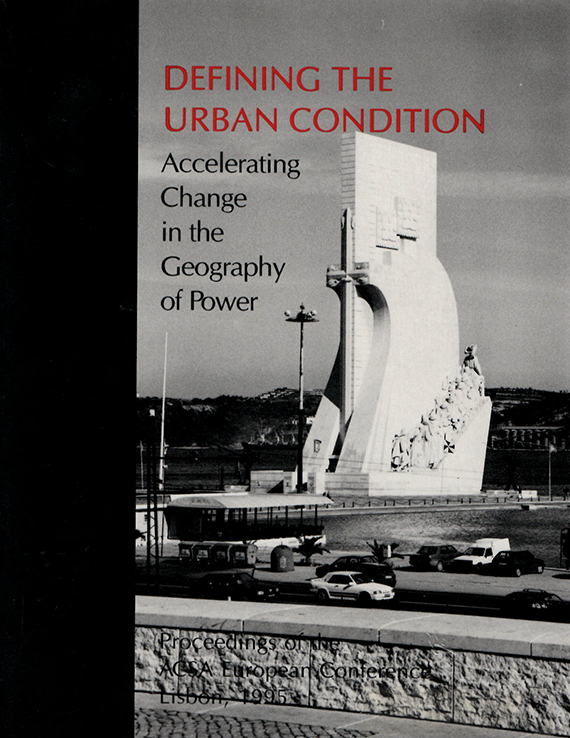Author(s): Nicholas Markovich
In order to be effective and meaningful for students, educational venues ought reflect the creative and technological essence of the culture they serve, indeed, show leadership in these areas. They must also be forward thinking, anticipating the hture state of being within a culture. Education must, in a sense, predict the status and expectations of future culture and find strategies viable for the students future existence. Education above all teaches about “being” and strategies for “being” within varying realms of reality. Being is in crisis and architectural education reflects that crisis today as it did at the turn of this century, when paradigmatic shifts occurred from Beaux Arts based teaching methodologies to Modernist/Bauhaus methods to present Post Modem methodologies. Today’s shift is one that moves from earlier Twentieth Century industrialized based paradigms to one that is now based in information and interpretation. This shift is critically rooted in change and the resultant ability to cope within an ongoing cloud of increasingly complex systems of understanding. The most important single change needed in the education of architects and designers is the implementation of education models based in diversity and change within interdisiplinary frameworks.
https://doi.org/10.35483/ACSA.Intl.1995.51
Volume Editors
John K. Edwards

 Study Architecture
Study Architecture  ProPEL
ProPEL 
